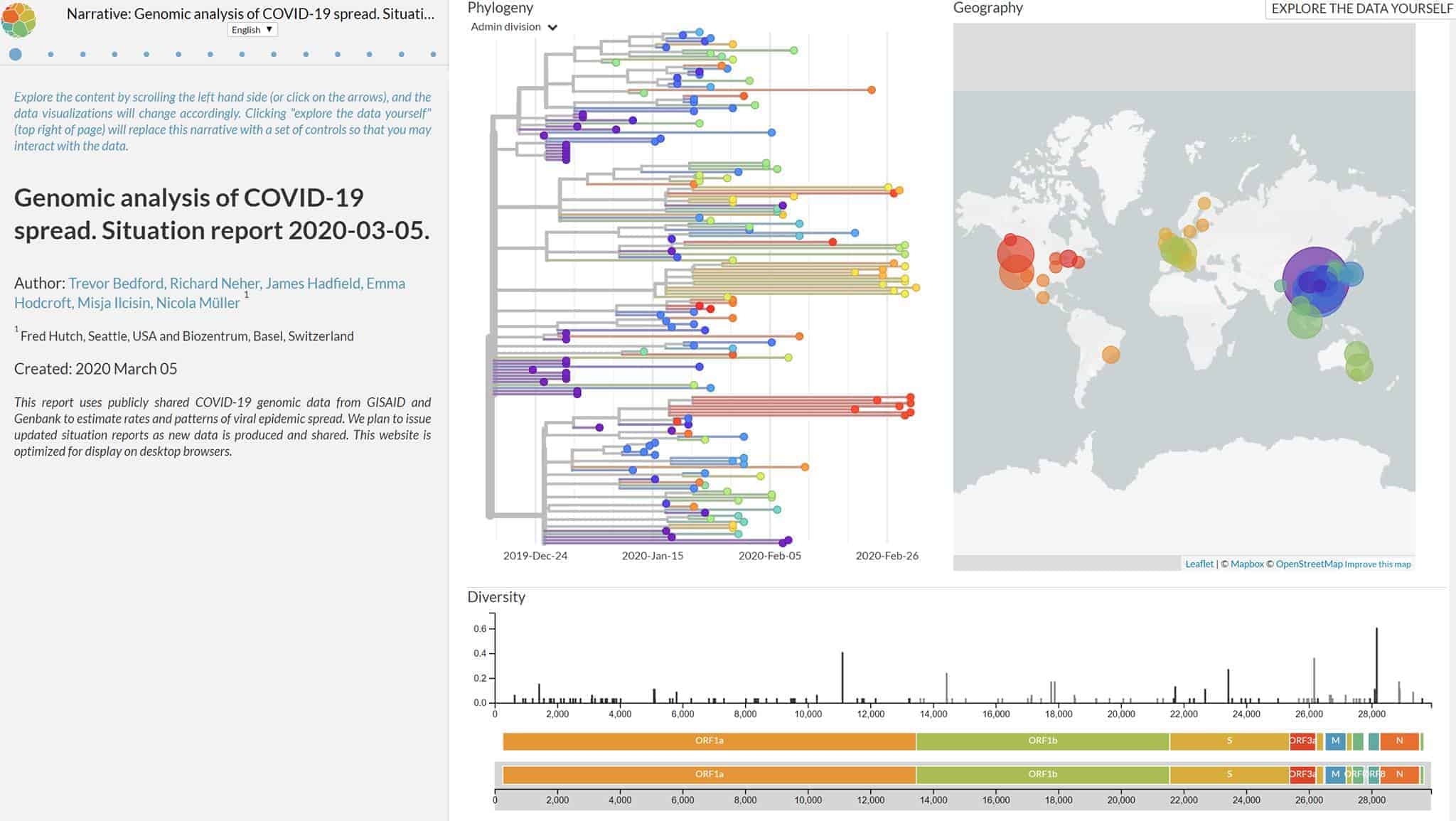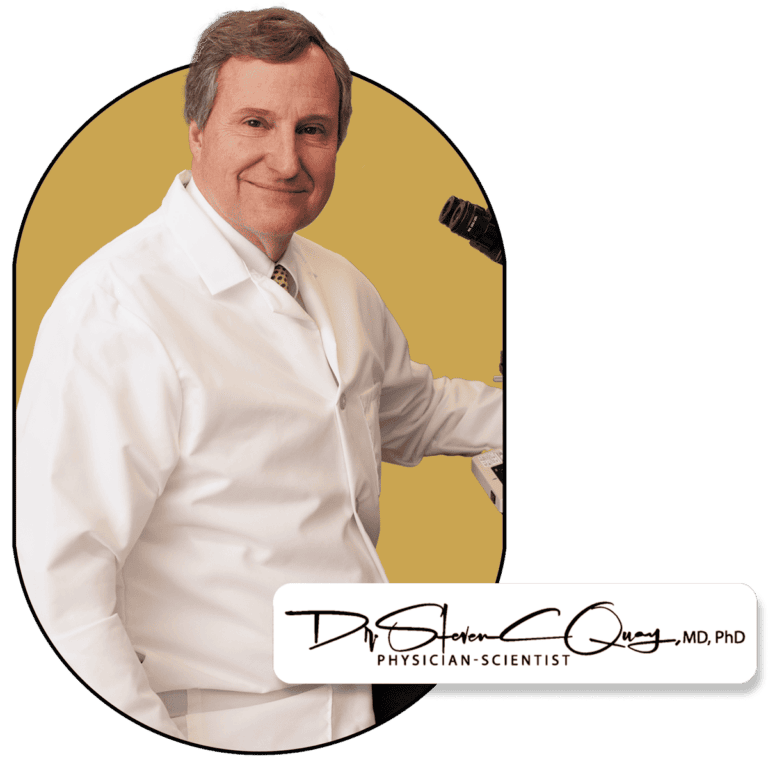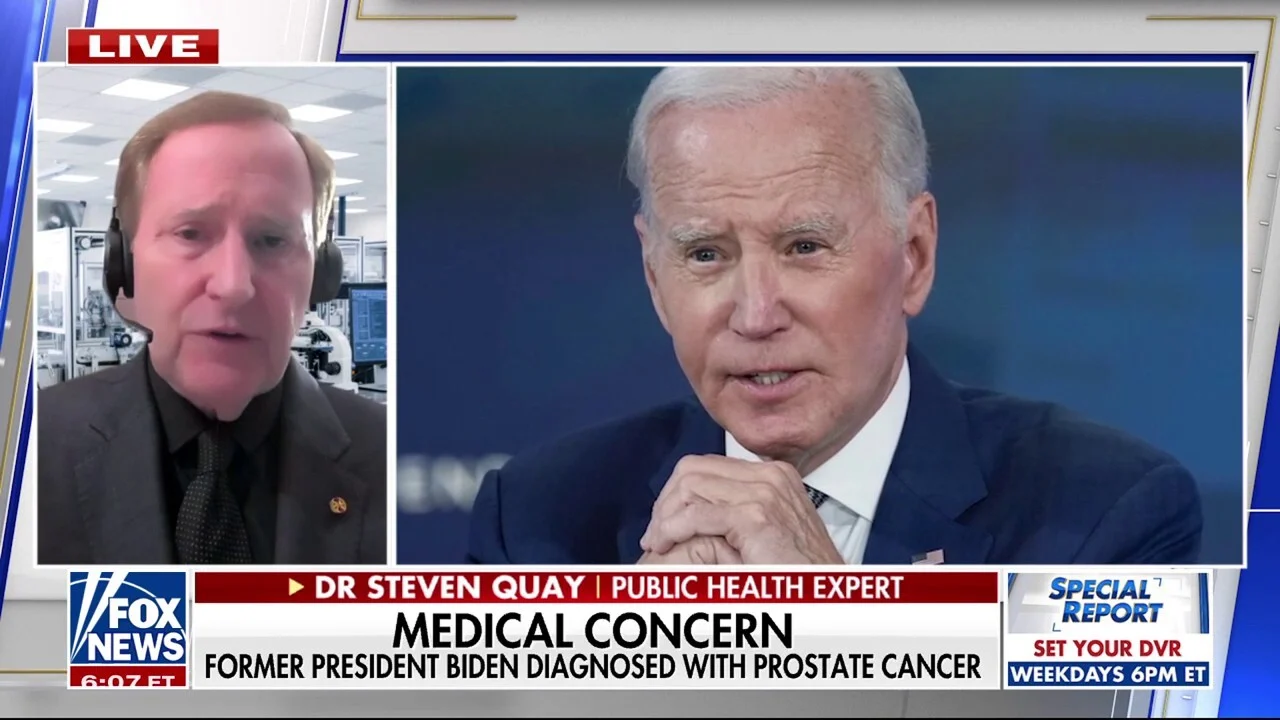Ending today on a positive note, for the first time in human history the evolutionary changes in a community epidemic of a new virus is being tracked in real time. The color coded genealogy in the middle is tied to the colors in the map on the right of where the specimen came from. Bubble size is number of cases from that location. Time is on the x-axis and each jump/indent is a new mutation.
The diversity line at the bottom is CRITICAL to vaccine development. This is the virus on truth serum telling the humans what part of its DNA book is critical and what part is changeable. Vaccines will zero in on the parts the virus is saying it can’t ‘live’ without; the places where no vertical lines tell you a mutation has occurred. So, for example, the right end of the DNA book has too many changes to be good for a vaccine. Etc… The observation that there are few long spaces without DNA mistakes is the reason a vaccine will be so hard to come up with.
24/7, as the sun travels over the sky, scientists are ‘reading’ viruses and putting their data into this system.
This whole, worldwide project is coordinated by our very own Seattle/Fred Hutch scientist, Trevor Bedford.





